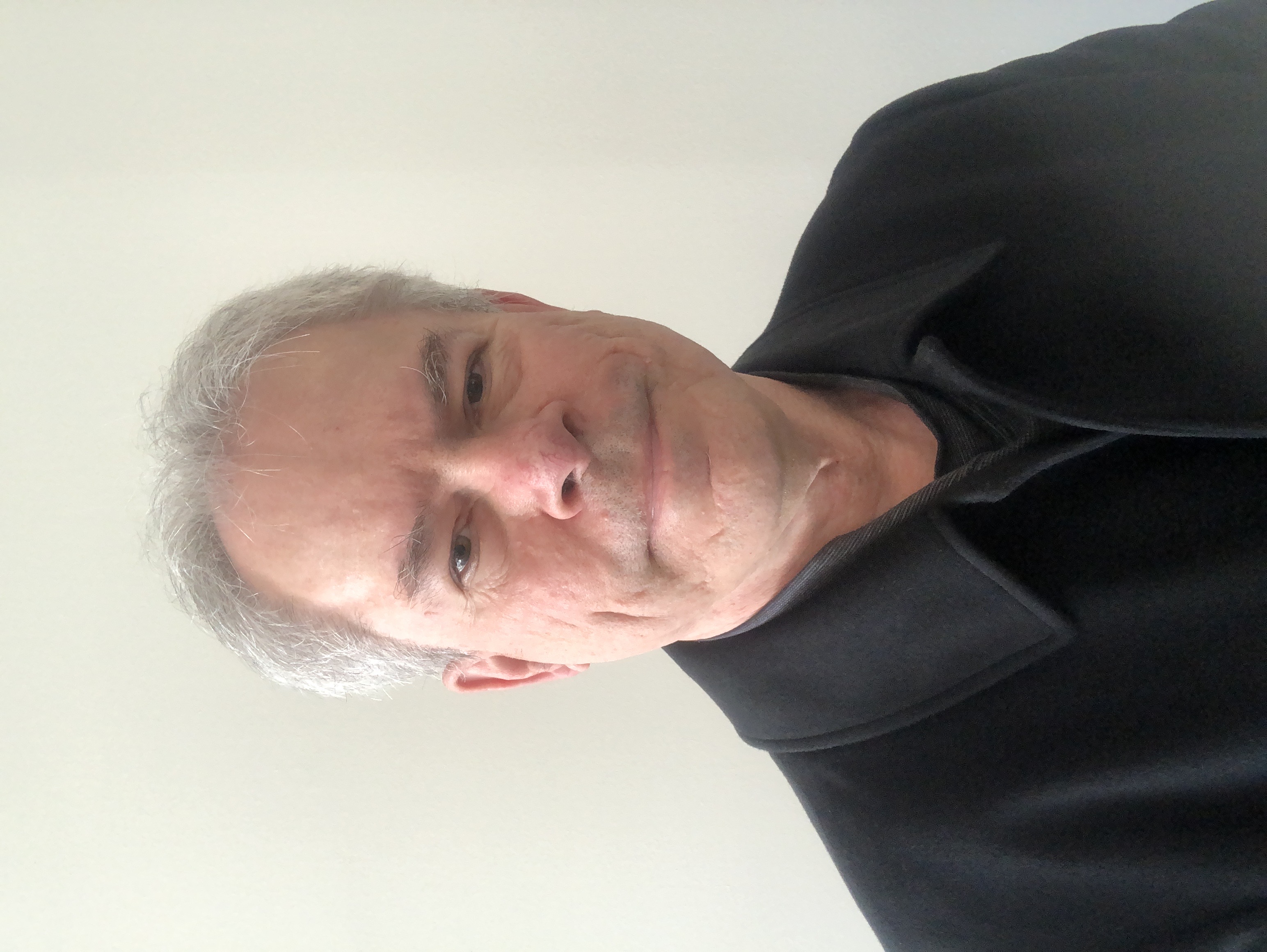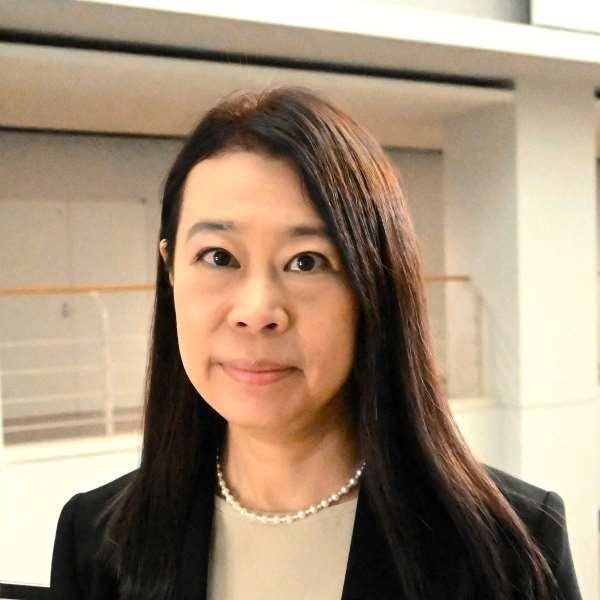Johnmarshall Reeve
Professor, Institute for Positive Psychology and Education at the Australian Catholic University
 Dr. Johnmarshall Reeve is an educational psychologist. His areas of expertise are autonomy-supportive teaching, teachers’ motivating styles, students’ agentic engagement, and the neuroscience of intrinsic motivation. Reeve was a professor in both South Korea (Korea University) and the United States (University of Iowa, University of Wisconsin-Milwaukee). He received his PhD from Texas Christian University (1986) and completed postdoctoral work at the University of Rochester (1990-1992). He has published 81 articles in peer-reviewed journals, such as the Journal of Educational Psychology, authored 29 book chapters and 4 books, including Supporting students’ motivation and Understanding Motivation and Emotion, 7th ed., and edited 3 books. Prof. Reeve served as Editor-in-Chief of the journal Motivation and Emotion (2011-2017).
Dr. Johnmarshall Reeve is an educational psychologist. His areas of expertise are autonomy-supportive teaching, teachers’ motivating styles, students’ agentic engagement, and the neuroscience of intrinsic motivation. Reeve was a professor in both South Korea (Korea University) and the United States (University of Iowa, University of Wisconsin-Milwaukee). He received his PhD from Texas Christian University (1986) and completed postdoctoral work at the University of Rochester (1990-1992). He has published 81 articles in peer-reviewed journals, such as the Journal of Educational Psychology, authored 29 book chapters and 4 books, including Supporting students’ motivation and Understanding Motivation and Emotion, 7th ed., and edited 3 books. Prof. Reeve served as Editor-in-Chief of the journal Motivation and Emotion (2011-2017).
Links: ACU | Google Scholar | Website | Twitter/X
Toshie Agawa
Professor, English Research Lab at Hoshi University in Tokyo
 Toshie Agawa's research specializes in learner motivation, autonomy, engagement, and cooperative/collaborative learning. Recently, her work has focused on how fostering learner autonomy impacts the motivation and engagement of Japanese EFL learners, as well as scaffolding strategies to support learner autonomy in e-learning environments.
Toshie Agawa's research specializes in learner motivation, autonomy, engagement, and cooperative/collaborative learning. Recently, her work has focused on how fostering learner autonomy impacts the motivation and engagement of Japanese EFL learners, as well as scaffolding strategies to support learner autonomy in e-learning environments.
Dr. Agawa has published extensively in both international and national journals, including the Journal for Psychology of Language Learning, The Asian EFL Journal, Language Education & Technology, JACET Journal, and the Annual Review of English Language Education in Japan. She is also an accomplished author of books on second language acquisition, CLIL course materials, and English study guides for the general public.
Links: Website | Researchmap